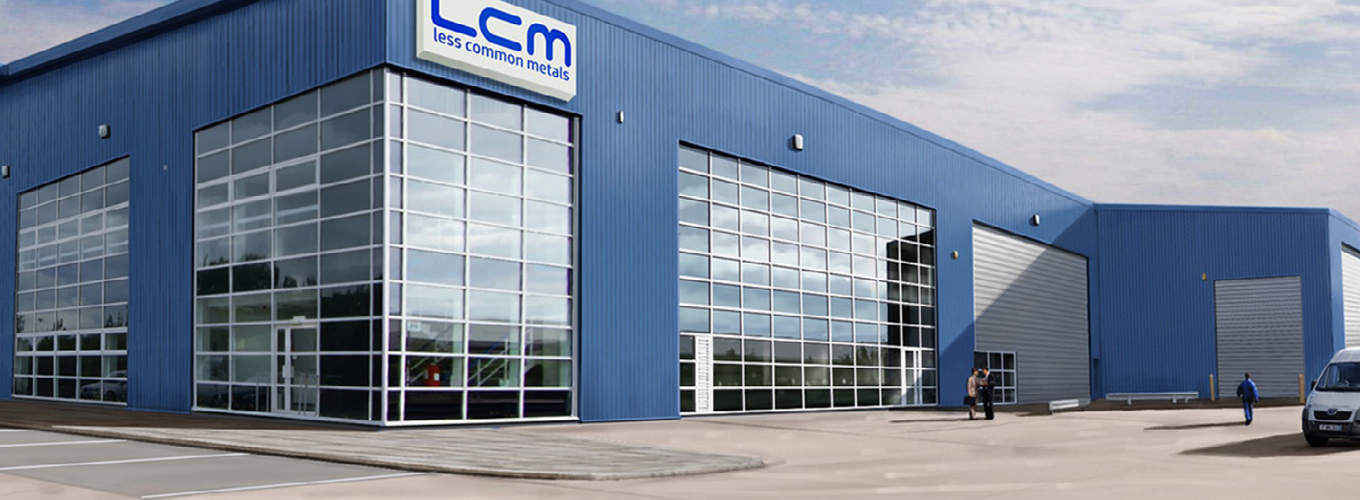What do you know about LCM?
A world leader in the manufacture and supply of complex alloy systems and metals, and specialists in those based on rare earth elements, LCM is based in the North-West of England and supplies to various industries all over the world.
Ian Higgins, Managing Director of Less Common Metals highlights the company structure.
Neodymium magnets
You have probably heard about neodymium and its important use in neodymium iron boron magnets. At this company, we take neodymium oxide and we first convert that into neodymium metal. Which we then alloy with other metals to make NdFeB alloys. We melt the materials together, we cast them in a particular way, and we make alloys of particular compositions with very low levels of impurities and very specific properties on a microscopic level and certain structures that are ideal for the magnet maker. We supply our products to magnet makers globally, they take our materials, and they make them into very high-strength permanent magnets.
Samarium Cobalt
We make another important magnet alloy at Less Common Metals, samarium cobalt. Like NdFeB, it is used to make permanent magnets. One attraction of SmCo magnets is that they can be used at much higher temperatures than NdFeB. For example, you tend to find SmCo in extremely fast motors that rotate at 60,000 rpm.
Sourcing
Today we have a strategic vulnerability in terms of overdependence on the Chinese market. It is important that non-Chinese alternatives become established and so we are very active in supporting those ventures to become viable. Before 2017 we were buying all our neodymium (Nd) as metal, however, from 2017 onwards, we introduced a metal-making process onsite to commercially make our own Nd metal.
The advantages of that are twofold, one is first of all we are one of the very few people in the world outside of China who can make Nd metal so the fact we have that capability, that expertise onsite is a very important addition to our skillset. But it also gives us a lot more opportunity for sourcing non-Chinese rare earth, there are more options for obtaining Nd oxide from outside of China whereas Nd metal is pretty much exclusively a Chinese material. So now we have more choice for our sourcing because of making our own metal.
Environmental
We operate our business to the highest possible levels of environmental, health and safety stewardship, and every single member of LCM staff is IOSH trained. We focus on culture, ensuring every staff member has the right attitude and approach to health and safety and environmental matters. We also ensure that all our workers are provided with appropriate levels of personal protective equipment for the task at hand. Everything is risk assessed and everybody who is associated with the job will take part in the risk assessments.
As far as environmental matters go, for example, neodymium metal is made by a technique known as fused salt electrolysis, using a fluoride-based molten salt bath. Without proper environmental measures, this has the potential to be both polluting and damaging to the health of the workforce and the local area. We have a variety of systems, we have local extract systems, we have monitoring within the work environment to measure the levels of any potentially noxious material. The gases that come out of the system are all passed through a series of scrubbing systems both a dry scrubber to remove particulates and then a full wet scrubbing system which takes the levels of any of these potentially noxious gases significantly below any sort of threshold level. All our activity is carried out under the license from the UK Environment Agency and they make sure that we maintain these high levels of environmental stewardship.

